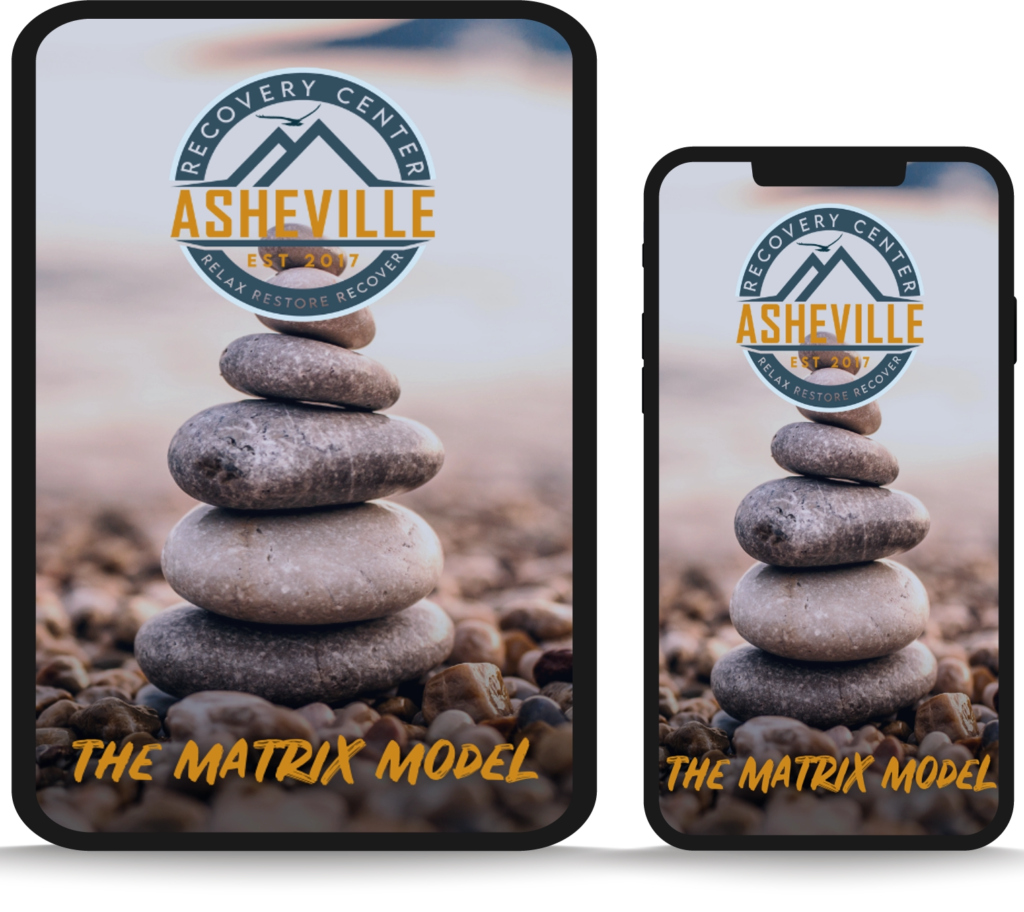Treatment Therapy
Evidence Based Therapy for Lasting Recovery
Embrace a scientifically-proven path to healing. Our evidence-based therapies provide the tools and support you need to build a foundation for a sober, fulfilling life.
What is Evidence Based Therapy?
“Evidence based” simply means that the therapy methods we use are backed by solid scientific research. It’s an approach that has been tested, studied, and proven to work. This ensures that your treatment isn’t based on guesswork, but on a foundation of successful outcomes. It’s about using the most effective and reliable methods to give you the best possible chance at recovery.
Think of it as a three-legged stool: it balances the best available research, the experience of our expert therapists, and your own personal needs and goals. We don’t believe in a “one-size-fits-all” solution. Instead, we use these proven practices as a starting point, tailoring them to fit your unique story and create a treatment plan that feels right for you.

Our Core Therapeutic Approaches
We use a range of powerful, proven therapies to address addiction from every angle. Click on any approach to learn more about how it works.
Why EBT is the Gold Standard for Addiction Treatment
While holistic and experiential therapies like yoga or art are incredibly valuable for healing the whole person, evidence-based therapies form the clinical backbone of our program. They provide a reliable, structured framework for recovery that is proven to work. Scientific research is a dependable resource for determining what is effective. This foundation gives clients and their families confidence in the treatment process, knowing that the methods being used have a track record of success.
The use of evidence-based treatments has been shown to be effective, beneficial, and economical in treating substance use disorders. They directly address the detrimental effects of addiction on the brain and behavior. By participating in these therapies, you can reduce or eliminate drug and alcohol use and alleviate the serious consequences caused by addiction. It is the powerful combination of these proven clinical methods with our compassionate, holistic approaches that makes the treatment at Asheville Recovery Center so effective.
A Deeper Look At Our Core Therapies
Cognitive-Behavioral Therapy (CBT)
CBT is a hands on therapy that helps you see the connection between your thoughts, feelings, and actions. It’s designed to help you identify and challenge the negative thought patterns that often lead to substance use. By learning to reframe these thoughts, you can change how you react to stressful situations, giving you practical skills to manage triggers and prevent relapse. This goal-oriented approach helps you manage symptoms, learn coping mechanisms, and overcome emotional trauma.
Dialectical-Behavioral Therapy (DBT)
DBT is extremely helpful for people who feel overwhelmed by intense emotions. It teaches you real-world skills in four key areas: mindfulness (how to stay grounded in the present), emotional regulation (how to manage your feelings), distress tolerance (how to get through a crisis without making it worse), and interpersonal effectiveness (how to communicate your needs and maintain healthy relationships). It combines individual therapy and group education to promote lasting behavioral change.
Motivational Interviewing (MI)
Instead of telling you what to do, MI is a supportive conversation that helps you find your own motivation to change. Our therapists work with you as a partner to explore your feelings about recovery, strengthen your commitment, and help you harness your own inner drive to build a better, sober life. It is particularly effective for those who may be hesitant or unsure about making a change.
Relapse Prevention
This is a forward-thinking, skills-based approach. We help you identify your personal high-risk situations—the people, places, and feelings that might trigger a desire to use. Together, we’ll create a concrete plan to navigate these challenges by challenging the positive expectations associated with substance use and developing powerful coping skills. This empowers you to anticipate challenges and respond to them with confidence rather than fear.
12-Step Facilitation
This therapy helps you connect with the powerful support network of 12-step programs like AA and NA. It focuses on three key ideas: accepting that addiction is a disease, surrendering to a higher power, and actively participating in recovery activities. This provides a clear path to long-term recovery support within a judgment-free peer community, which is essential for life after treatment.
Acceptance & Commitment Therapy (ACT)
ACT teaches you how to stop fighting with your difficult thoughts and feelings and instead learn to accept them without letting them control you. The goal is to develop mental flexibility so you can handle tough situations, cravings, and emotions without turning to substances, allowing you to commit to actions that align with your personal values and goals for the future.
Pharmacotherapy (MAT)
Pharmacotherapy, also known as medication-assisted treatment (MAT), combines FDA-approved medications like Suboxone or Vivitrol with counseling. It is a highly effective, research-backed approach for opioid and alcohol addiction. These medications help to normalize brain chemistry, block cravings, and relieve withdrawal symptoms, which allows you to focus on the psychological work of therapy.

Download Our Free E-Book
Begin Healing Through Action Today
If you or a loved one is suffering from substance abuse, our specialists are ready to help. Contact us today to learn more about our experiential therapies and our unique, hybrid treatment method. You do not have to do it alone.

